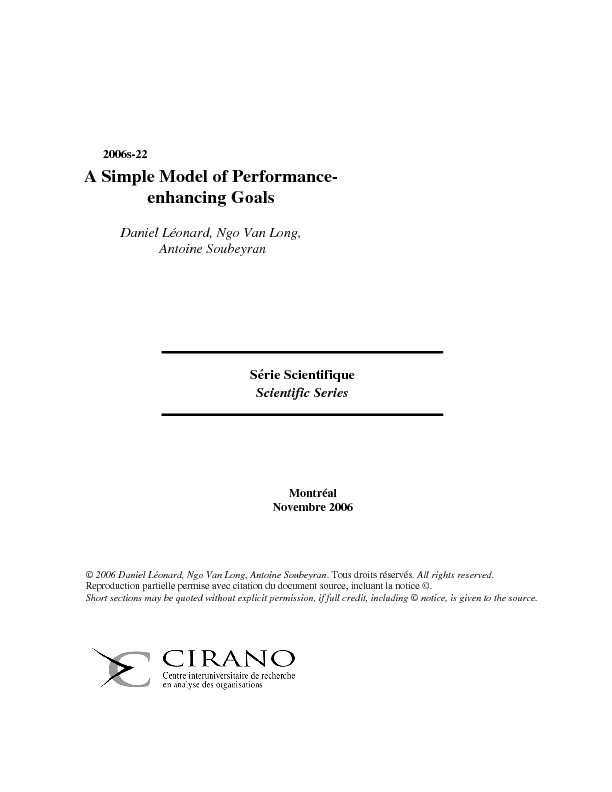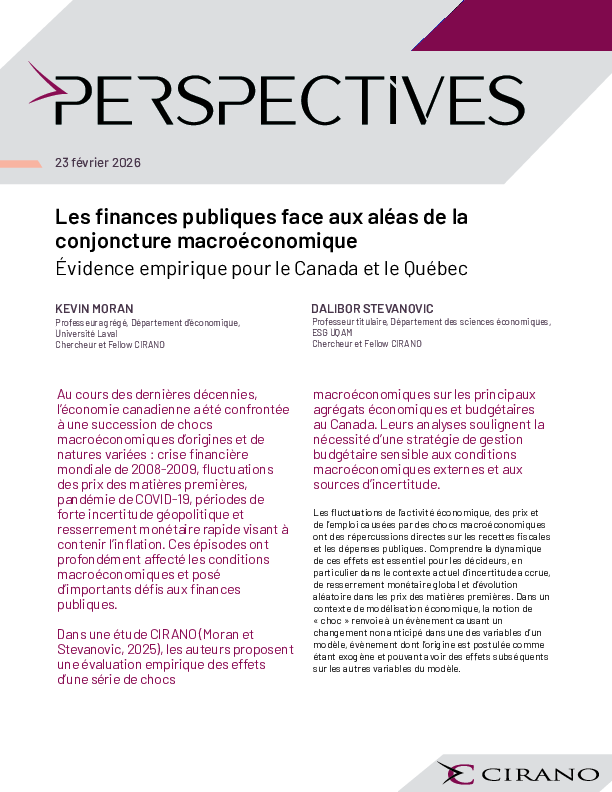A Simple Model of Performance-enhancing Goals
We show that goal setting influences effort level, and that an appropriately set goal can enhance performance. We derive an inverted U-shaped relationship between the goal and the effort level. We then extend the model to a two-period framework, and demonstrate that the goal level set for period 1, together with success or failure, can affect the self-confidence level in period two, which in turn influences period-two optimal goal, effort, and performance. The optimal choice of period-one goal to maximize period-two payoff is derived, under alternative assumptions about the relationship between the goal setter and the (potential) goal achiever.
[ - ]




